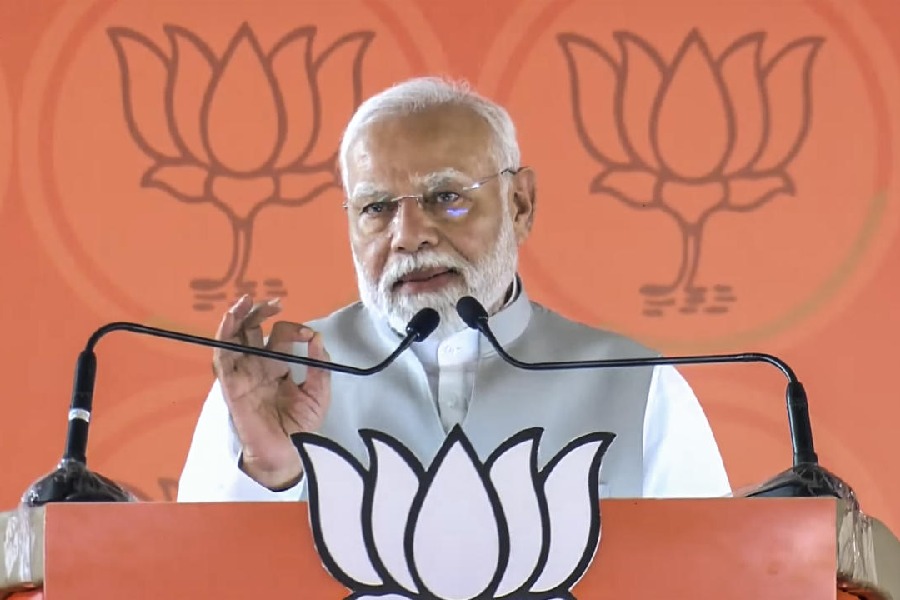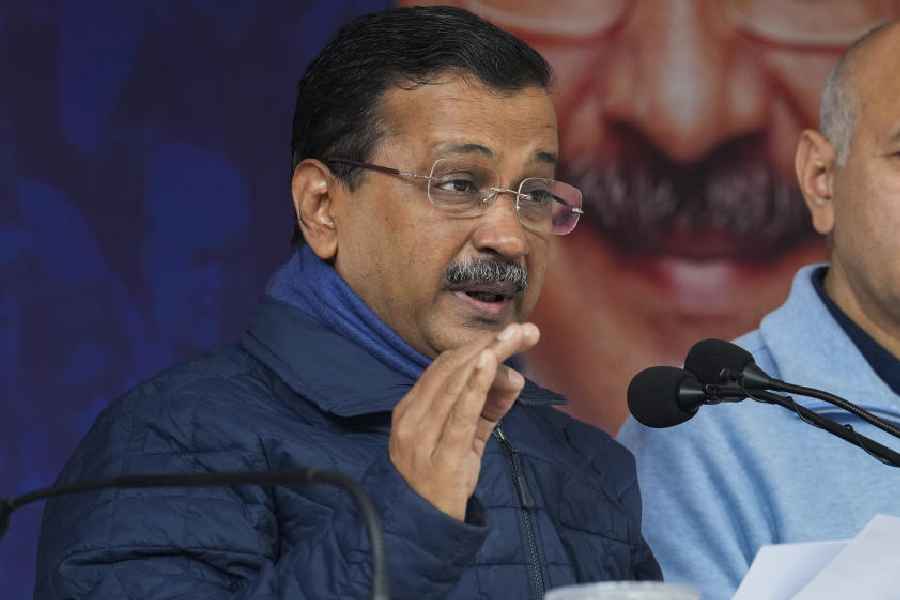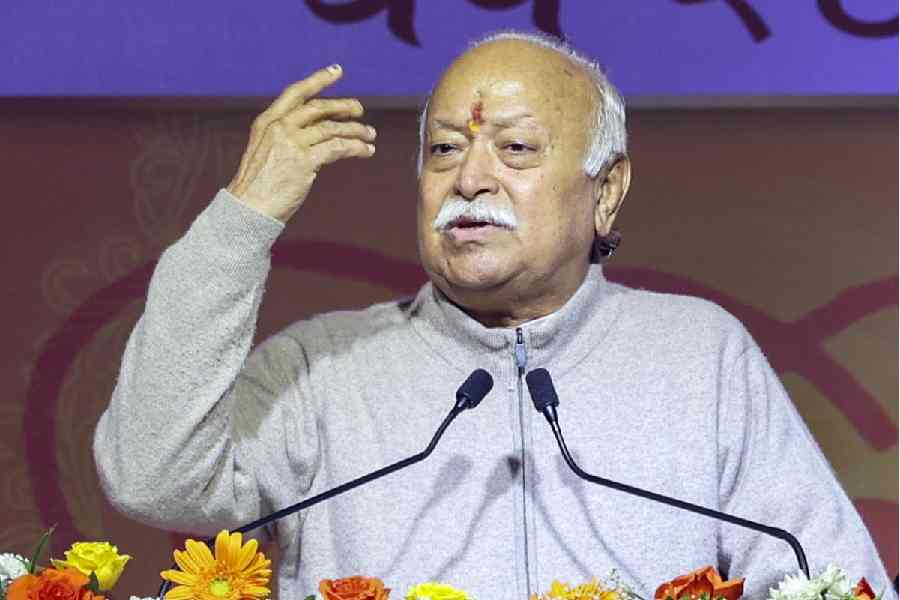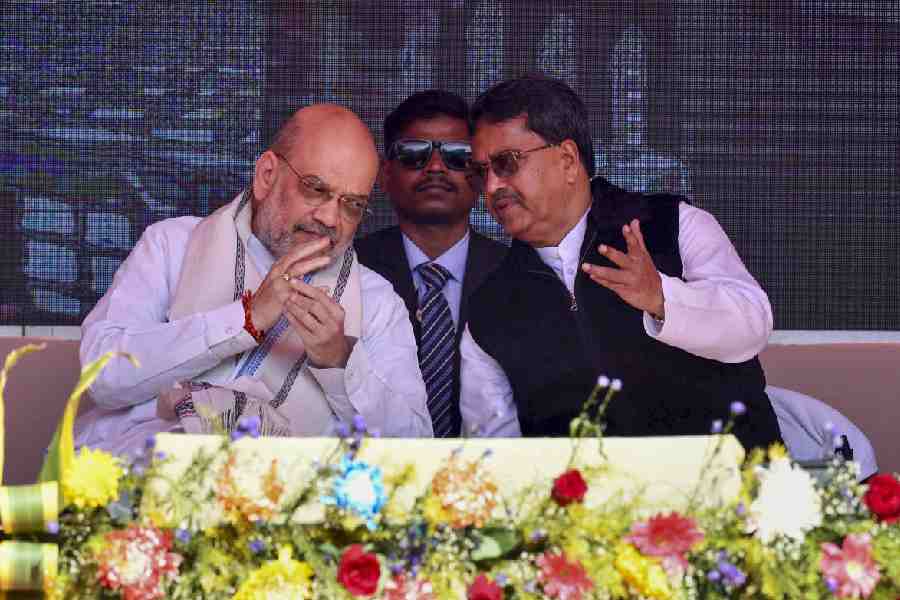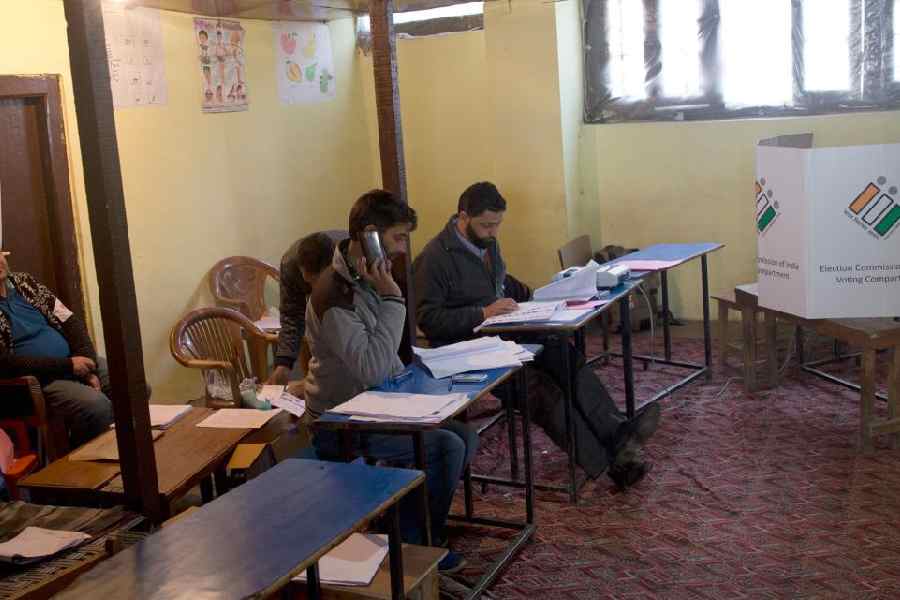Fauzia Khan, a Rajya Sabha member from the Nationalist Congress Party (Sharad Pawar), has written an open letter to Prime Minister Narendra Modi urging him to withdraw the Waqf (Amendment) Bill.
Conceding the need for reforms in the governance of waqf properties, she advocated changes that strengthen the system without eroding its fundamental character.
“There is a need for transparency, yes, but this can be achieved by empowering the Waqf Boards, improving internal management, and ensuring that Waqf properties are protected from encroachments — not by bringing them under the control of government officials who may not understand their religious significance,” Khan said in the open letter.
The bill was introduced in the Lok Sabha during the monsoon session of Parliament amid protests by the Opposition. It was referred to a joint parliamentary committee, which has been meeting twice a week during the inter-session period. However, the deliberations have also been acrimonious.
The bill, Khan said, “endangers not only the constitutional rights of India’s Muslim community but also the very essence of our pluralistic heritage”. Under the banner of reform, it threatens to disrupt a tradition that has long supported and uplifted the community. “It risks replacing a spirit of service and charity with one of bureaucratic control and state interference,” she added.
Questioning why Muslims were being singled out for bureaucratic interference, the NCP MP wrote: “The religious autonomy of the Muslim community is under threat. The proposed changes that would empower district collectors and allow non-Muslim members to be part of Waqf Boards may appear as administrative measures, but to us, they are an infringement on our constitutional rights. Article 25 and Article 26 of our Constitution guarantee us the freedom to practice and manage our own religious institutions... The very idea of religious freedom, protected in law for other communities — whether Hindu temples or Sikh gurdwaras — now seems to be at risk for us.”
Referring to the Sachar Committee Report on the social, economic and educational status of Muslims in India, Khan pointed out that the panel had shown how waqf properties, if managed well, could contribute enormously to the uplift of the community. "Yet, instead of addressing the chronic issues of encroachment — by both private individuals and government agencies — this Bill gives more power to the government, enabling further intrusion into an already fragile system."
Khan said taking these properties away from those who have the community’s best interests at heart and placing them under bureaucratic control risked dismantling this system of support.

